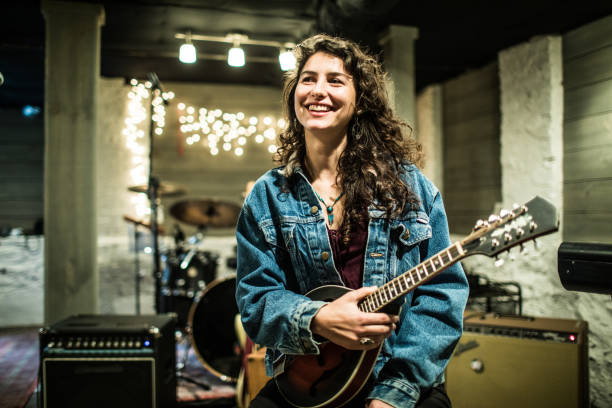As an independent artist, deciding how to release your music is one of the most important choices you’ll make.

Should you drop a steady stream of singles, package a few songs into an EP, or go all in with a full-length album? Each format serves a different purpose and works best in different situations. Here’s a strategic guide to help you decide what’s right for your career right now.
Understanding the difference
Before choosing, it helps to be clear on what each format actually means:
- Single – typically one song, sometimes with a B-side or remix
- EP (extended play) – a small collection of 3–6 tracks, usually under 30 minutes
- Album – a longer project with 8–15+ tracks, often telling a fuller story or theme
Each format has unique benefits depending on your goals, budget and audience.
When singles make the most sense
Releasing singles is ideal for building momentum, staying consistent, and growing your fanbase, especially on streaming platforms. It’s the most flexible and low-cost option for most independent artists.
Best for:
- New artists trying to grow an audience
- Testing out different sounds or styles
- Feeding the algorithm (Spotify, YouTube, TikTok etc.)
- Consistently giving fans something to share and talk about
Why it works:
Each release is a new opportunity to get playlisted, create content, and engage with your fans. A smart link tool like PUSH.fm can help you easily share your single across platforms, track who’s clicking, and build a better picture of your audience.
Strategy tip:
Try a release schedule of one single every 4–8 weeks. This gives you time to promote each song properly while keeping the momentum going.
When to consider an EP
EPs are great for when you’re ready to offer more than just one song, but not quite ready for a full album. They’re a powerful way to showcase your sound, build your brand, or explore a theme.
Best for:
- Artists with a small but growing fanbase
- Building a body of work to pitch to press or radio
- Giving context to your sound and style
- Experimenting with a concept or genre
Why it works:
An EP gives your listeners a bit more to sink their teeth into. It’s still relatively affordable to make and promotes binge listening, which can boost your streaming numbers.
Strategy tip:
You can build up to your EP by releasing 1–2 singles in advance. That way, when the full EP drops, you already have some buzz around it.
When albums are the right move
Albums are a bigger artistic statement and typically work best once you’ve established a loyal audience. They take time, effort and budget—but they can also create long-term impact.
Best for:
- Artists with an established fanbase
- Telling a story or exploring a strong concept
- Pitching to industry professionals, sync or labels
- Legacy-building or marking a major career milestone
Why it works:
Albums allow deeper storytelling and emotional connection. Fans who are already invested in your journey will appreciate the depth and commitment of a full-length project.
Strategy tip:
Don’t drop an album out of the blue. Build up anticipation with single releases, visuals, behind-the-scenes content and strong marketing. Smart links from PUSH.fm can help you centralise your album’s streaming and merch options in one place.
Things to consider before choosing
- Your budget
Albums are expensive. Singles and EPs can be produced and promoted for far less money. - Your current fanbase size
New fans are more likely to engage with short, regular content. Bigger fanbases are more open to full-length albums. - Your goals
Want to grow fast? Focus on singles. Want to define your sound? Consider an EP. Want to leave a mark or tell a story? Go for an album. - Time and energy
Singles are quick to release. Albums require long-term focus and a detailed rollout plan.
There’s no one-size-fits-all answer—and the best strategy might be a mix of all three over time. Many successful indie artists start with singles to build attention, then release an EP to solidify their sound, and later follow up with an album once their audience is ready.
Think of each release not just as a song or project, but as part of a bigger story you’re telling as an artist. Make it count, promote it well, and use tools like PUSH.fm to make sharing and tracking easier as you grow.



